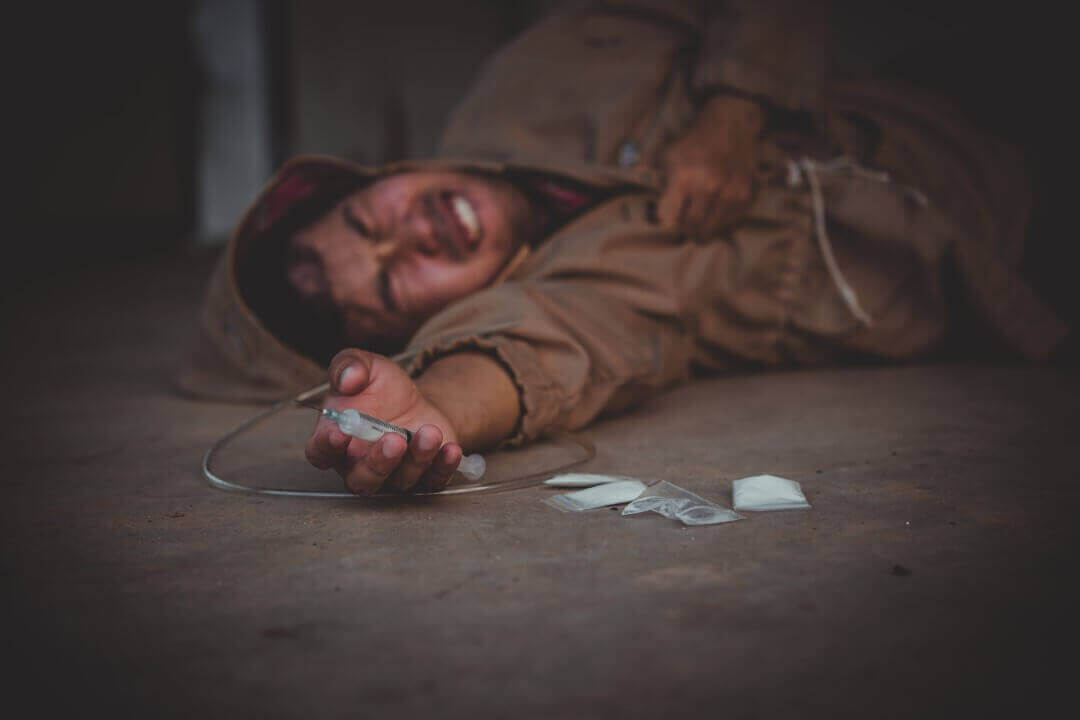Cocaine Overdose Symptoms, Prevention & Treatment Guide
Cocaine overdoses have been on the rise over the past decade. This trend has only been accelerating. These types of overdoses are extremely dangerous and can be fatal for people who were otherwise in good health. Being able to identify a cocaine overdose and what to do when one occurs can improve an overdose victim’s chances for survival.
Signs & Symptoms Of An Cocaine Overdose
Some of the most common symptoms of a cocaine overdose may include:
- Elevated Body Temperature and Blood Pressure
- Rapid Heart Rate
- Intense Sweating
- Chest Pain
- Nausea and Vomiting
- Confusion or Delirium
- Intense Paranoia or Panic
Some of the more severe symptoms of a cocaine overdose can include
- Labored Breathing
- Cardiac Arrest
- Hallucinations
- Blindness (usually temporary)
- Seizures
- Coma
- Fixed, Dilated Pupils
These symptoms may lead to dangerous complications including brain damage or death. Even if someone were to survive a cocaine overdose, there is still a possibility of permanent brain damage.

What To Do If Someone Overdoses On Cocaine
There are medications that can help someone who has suffered a cocaine overdose. These are controlled substances and must be administered by trained medical professionals. That being said, there are some things that anyone may do that can help increase the chances of an overdose victim surviving. Some of these may include:
- Call Emergency Medical Help. Call for professional medical help as soon as possible.
- Provide Simple Aid If Possible. If someone is delirious or agitated, keep your distance. If they have suffered a seizure or are unconscious, once the seizure has stopped, place them in the recovery position and ensure their airway stays clear.
- Stay With Them Until Help Arrives. Whether or not someone is agitated or unconscious, stay nearby until medical help arrives. Be prepared to give as much information about the person to paramedics as possible.
Doing these three simple things can increase someone’s chances of survival. While treatment for cocaine overdose is mainly supportive in nature, there are a few medications that medical professionals may use to minimize the risks and provide supportive care until the victim recovers.
Dangers
Cocaine overdoses can range from uncomfortable, to potentially fatal, and everything in between. The risk of an overdose rises if someone uses cocaine with other drugs or injects cocaine. Using cocaine with other drugs can also mean that the medication normally used to treat a cocaine overdose will not be effective or, even worse, could increase the risks even further.
Prevention
The best way to avoid a cocaine overdose is to not use cocaine. That being said, if someone does choose to use cocaine, there are some things that they can do to minimize the risks of a dangerous overdose. Some of these harm-reduction practices can include:
- Do Not Inject Cocaine. Injecting cocaine is much more potent than other routes. Someone will be able to overdose much more easily on a smaller quantity of cocaine.
- Do Not Mix Cocaine and Other Drugs. Using cocaine with other drugs can increase the risk of an overdose while also complicating medical treatment. Alcohol and opioids, in particular, should be avoided when using cocaine.
- Avoid Strenuous Physical Activity. Cocaine puts a huge strain on the cardiovascular system even if someone is sitting still. Unnecessary strain on the heart will increase the chances of a negative outcome.
Treatment
Even if someone suffered a cocaine overdose and survives, there is still a risk of overdose unless they stop using cocaine altogether. Often the best way to stop using cocaine is to enter a treatment program and to get help from medical and psychiatric professionals. There are many different kinds of rehab centers in Georgia, some of which may be more beneficial than others, depending on someone’s specific needs. To get a good idea of what to look for in a rehab center, take a look at our guide on finding the best drug rehab in Georgia.
Additional Resources
The more someone knows about a cocaine overdose, the better they will be able to help if and when they encounter a cocaine overdose victim. Here are some additional resources and guides that can help someone be as informed and educated about these types of overdoses as possible.
We’re Here To Help
Get help now
We’d love the opportunity to help you during this overwhelming and difficult process. Our sincere passion is helping people recover so that they can live full, meaningful, and healthy lives.
Call us 24/7 at 770-299-1677. If we aren’t the right fit for you then we’ll utilize our expertise and connections within the treatment industry to assist you in finding the best provider for your specific needs. Alternatively, you can fill out our contact form and a member of our staff will contact you shortly.
